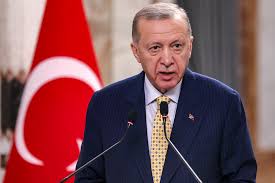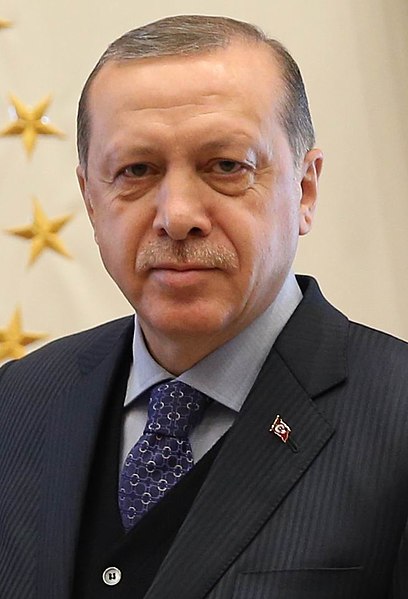
Introduction:
Recep Tayyip Erdoğan stands as a towering figure in modern Turkish politics, a leader whose impact has reverberated both domestically and internationally. From his humble beginnings in the political arena to his ascension as Turkey’s President, Erdoğan’s journey is one marked by controversy, charisma, and a steadfast commitment to his vision for the nation. This article delves into the life, career, and leadership style of Recep Tayyip Erdoğan . Exploring the key moments that have defined his tenure and examining the legacy he leaves behind. The Leadership Of Recep Tayyip Erdoğan
Early Life and Political Beginnings:
Born in Istanbul in 1954, Recep Tayyip Erdoğan was raised in the Kasımpaşa neighborhood . A working-class area known for its vibrant atmosphere. His upbringing instilled in him a strong sense of community and a deep appreciation for Turkish values and traditions. Erdoğan’s early foray into politics began during his university years when he became involved in student activism. His charisma and oratorical skills quickly garnered attention, laying the groundwork for his future in politics. The Leadership Of Recep Tayyip Erdoğan
Rise to Power:
Erdoğan’s rise to prominence accelerated in the 1990s when he became the mayor of Istanbul, a position he held from 1994 to 1998. His tenure as mayor was marked by ambitious urban development projects and efforts to improve infrastructure, earning him praise for his effective governance. However, it was his role in co-founding the Justice and Development Party (AKP) in 2001 that catapulted him onto the national stage.
As the leader of the AKP, Erdoğan spearheaded a movement that promised to usher in a new era of prosperity and stability for Turkey. The party’s platform, rooted in conservative values and economic liberalism . Resonated with a wide swath of the population, propelling them to victory in the 2002 parliamentary elections. Erdoğan assumed the role of Prime Minister, marking the beginning of his transformative tenure at the helm of Turkish politics.
Leadership Style and Domestic Policies:
Erdoğan’s leadership style is characterized by a strong sense of authority and a populist appeal to the masses. He has cultivated an image as a champion of the people . Advocating for their interests and prioritizing economic development and infrastructure projects. Under his leadership, Turkey experienced significant economic growth, with GDP nearly tripling during his time in office.
However, Erdoğan’s tenure has also been marked by controversy, particularly in the realm of human rights and freedom of the press. Critics accuse him of authoritarian tendencies, citing instances of media censorship and crackdowns on political dissent. The failed coup attempt in 2016 further exacerbated these concerns, leading to widespread purges and arrests of perceived adversaries.
Foreign Policy and Regional Influence:
Erdoğan’s foreign policy approach has been assertive, with Turkey asserting itself as a regional power in the Middle East and beyond. He has pursued a proactive stance on issues such as the Syrian civil war and the Kurdish question . Often at odds with the policies of Western allies. Turkey’s role in the conflict in Syria, including its military incursions into Kurdish-controlled territories . Has drawn condemnation from some quarters but also garnered support from others who view Turkey as a bulwark against perceived threats.
Legacy and Future Prospects:
As Recep Tayyip Erdoğan’s presidency enters its second decade, his legacy remains a subject of debate and contention. Supporters point to his achievements in revitalizing the Turkish economy and elevating Turkey’s profile on the world stage. Critics, however, highlight concerns about democratic backsliding and erosion of civil liberties under his leadership.
Looking ahead, the future of Turkey under Erdoğan’s stewardship is uncertain. Economic challenges, geopolitical tensions, and internal divisions pose formidable obstacles to his continued dominance. Yet, with his unwavering determination and formidable political acumen . Erdoğan remains a force to be reckoned with on the Turkish political landscape.
Conclusion:
Recep Tayyip Erdoğan’s journey from a humble neighborhood in Istanbul to the presidency of Turkey is a testament to his resilience and political prowess. His leadership style, marked by charisma and a populist touch, has left an indelible mark on Turkish politics, shaping the nation’s trajectory for years to come. As he navigates the challenges and opportunities that lie ahead . The legacy of Recep Tayyip Erdoğan will continue to be a subject of scrutiny and debate, both at home and abroad.
